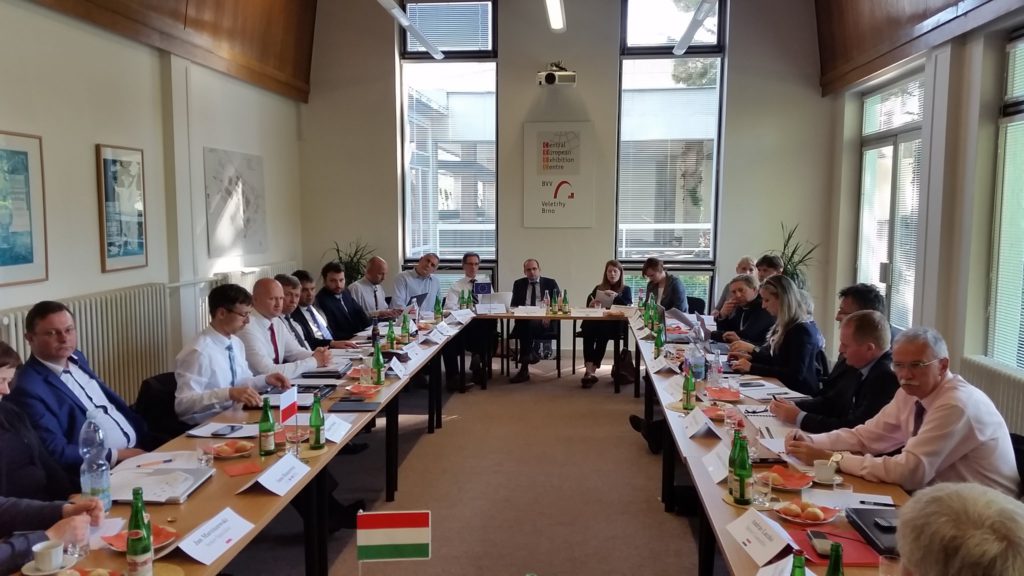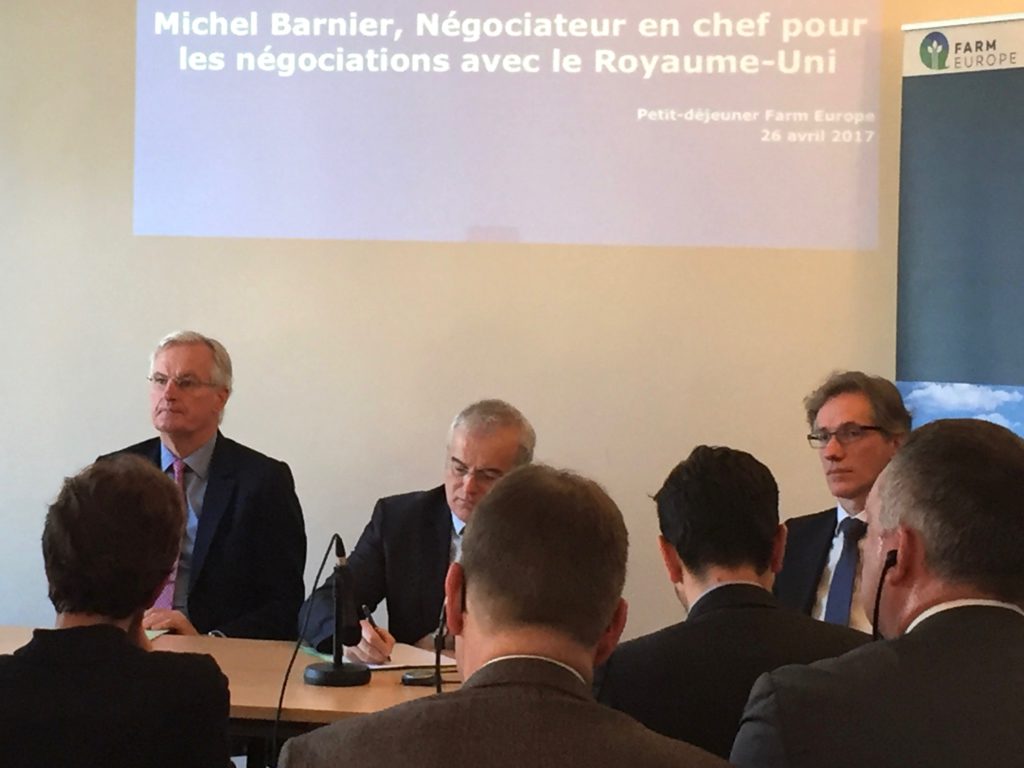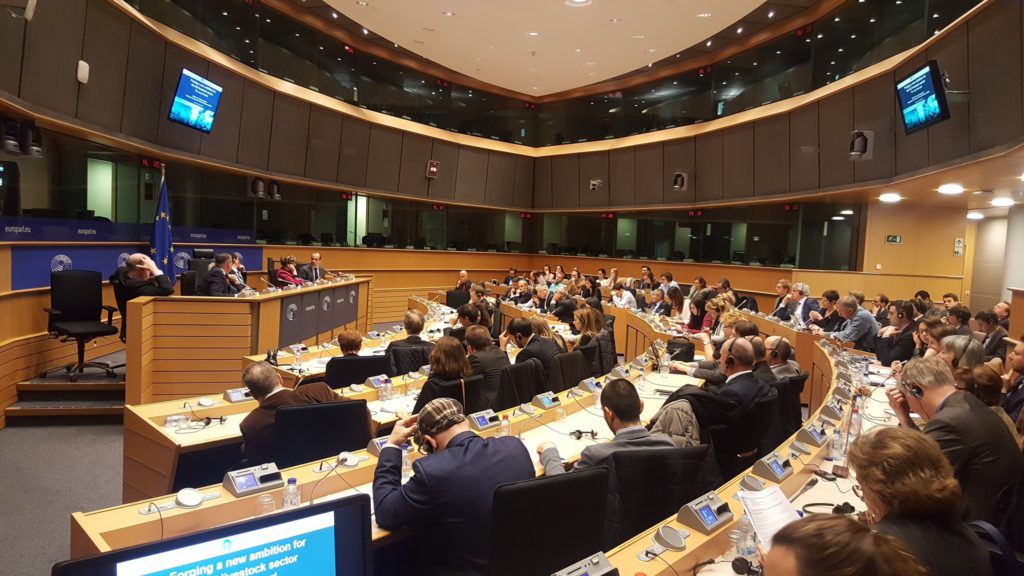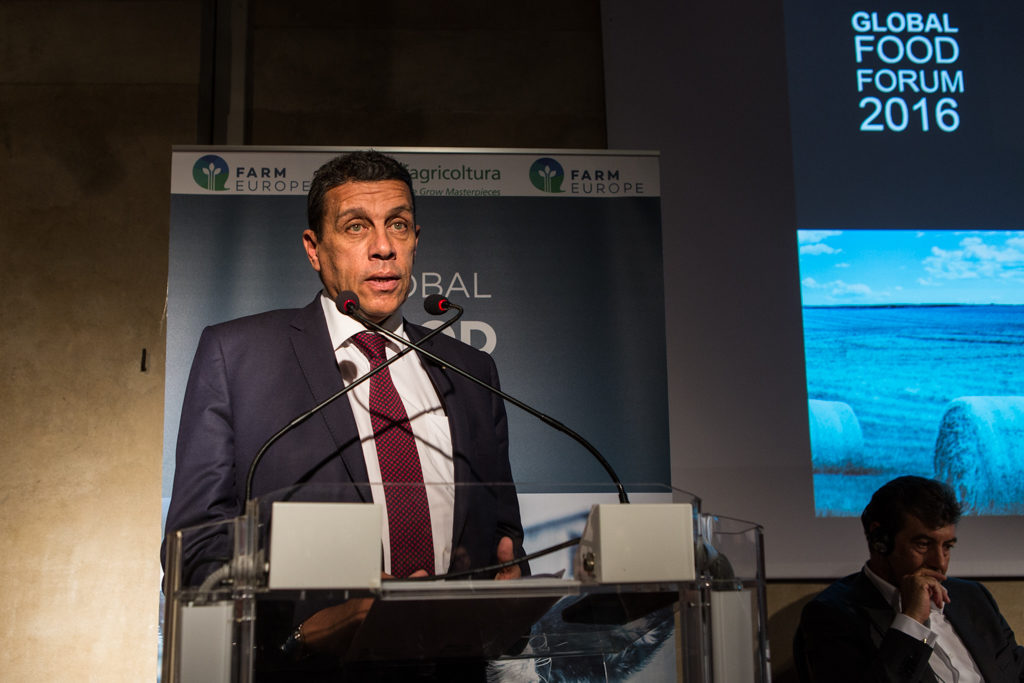The compromise reached yesterday between the 3 institutions of the European Union on the agricultural component of the Omnibus regulation is a significant step forward for the Common Agriculture Policy. It is the equivalent of a mid-term review of the CAP and a demonstration that in a European Union whose political gears are in motion and which is closer to the reality on the ground, the European Parliament plays a central role by inspiring new policy directions. This progress has been achieved thanks to the ability of key Members of the Assembly to table strong and well-designed proposals – in particular Michel Dantin (EPP) and Paolo de Castro (S&D) on this issue, building on the positive initial proposal tabled by Commissioner Phil Hogan.
The Omnibus agreement will secure important improvements via competition policy and offer a vision of the future of the EU’s agricultural sector based on both economic realities and strategic goals. It paves the way for a substantial rebalancing of power within the EU food chain by extending the 2010 milk package to all agricultural sectors. Farmers will get the right to have contracts that set prices and volumes clearly. They will be authorised to join forces to sell their products together, setting the quantities and quality standards within producers’ organisations, thus acting as a single economic entity like other players in the food chain (processors & retailers). In addition, the dialogue within the food chain will be enhanced by new prerogatives for Inter-Branch organisations, in particular for discussing the share of added value, whether markets are going up or down.
The enhanced dialogue and competition rules should put an end to the current “battle field” situation and create the conditions for more solidarity among the players in order to better cope with market volatility.
On the resilience and risk management side, the provisions in the Omnibus offer a paradigm switch for the CAP. The package will enable a more credible and improved management of climate risks at European level, which is an absolute necessity in the context of climate change. It will now be up to the Member States all across Europe to take the measure of this opportunity and dedicate adequate resources to climate insurance ‒ the condition for making these schemes more attractive.
The European framework will offer the possibility of triggering insurances at 20% losses and the co-financing of the premium at 70%. These schemes are cost effective: impact assessments have shown that helping farmers all across the European Union to be effectively protected against frost, drought and floods would not require more than 5% of the current CAP budget, which should be set against the massive improvement in the protection of farmers against one of their principal and constant risks.
When it comes to market risks, the improvement of the sectoral Income Stability Tools initially proposed by the European Commission will open the way for specific sectors (producers and related processors) to develop schemes that protect farm incomes in the event of a crisis and in a pragmatic way. These schemes will be based on indexes, which enable a rapid response, they will target the specific activity (sugar, milk, etc) covered by one fund at farm level, not the entire activities of the farms with thresholds at 20% losses, and there will be CAP co-financing for annual contributions. It will be incumbent on economic actors to build these new stabilisation tools and up to Member States to foster their deployment via their rural development programmes.
It should be noted that, in the European Union, 1.1 million farms (20% of all EU farms) produce more than 88% of our food – most of these farms are family and medium to small-size farms. This figure (20% of EU farms) include all the farms in Europe over 19 hectares. These farms, connected to the local, regional, European or global markets, have seen a sharp decrease in their competitiveness over recent years. They urgently need to get back on the right track so they can invest and get ready to cope with future challenges, including when it comes to environment protection.
A truly common “risk management-oriented CAP” will have a decisive role to play in the coming years, offering farmers – as entrepreneurs who are more and more Live Science Managers as well – all the tools they need to enhance both the economic and the environmental sustainability of their farms.
The package now needs to be adopted in the broader context of the Financial Omnibus later this year, in order to be implemented from the 1st January 2018. Then, it will be up to the Member States to adapt their national programmes and to all relevant stakeholders to seize the opportunities offered by the new EU framework.

 Michel Barnier, the European Commission lead Brexit negotiator, participated today in a breakfast-debate in Farm Europe on the challenges of Brexit to the EU at large, and in particular to the EU agri-food sector.
Michel Barnier, the European Commission lead Brexit negotiator, participated today in a breakfast-debate in Farm Europe on the challenges of Brexit to the EU at large, and in particular to the EU agri-food sector. Brussels, 21st March 2017 – Today, Farm Europe organized a discussion on the “Future of the EU livestock sector – The way forward”, at the European Parliament under the patronage of Vice President Mairead McGuinness and Michel Dantin, MEP.
Brussels, 21st March 2017 – Today, Farm Europe organized a discussion on the “Future of the EU livestock sector – The way forward”, at the European Parliament under the patronage of Vice President Mairead McGuinness and Michel Dantin, MEP.